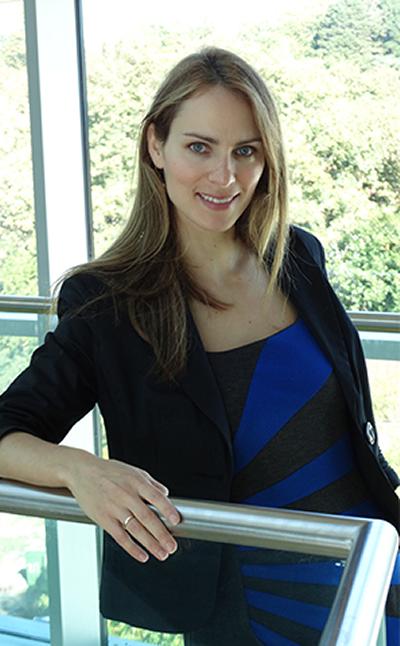
The new year finds us with a new Government. Everything we have discussed about, analysed or even predicted over the course of 2019, in smaller or larger circles, friendlier or more formal environments, has now turned into a reality as the outcome of the General Elections came with a clear mandate on the 12th of December: leave the EU by the 31st of January. But are we ready for that?
Just a week before the General Elections, I travelled to London to attend the Universities UK conference. The theme was on ‘Research and Innovation: Delivering impact, managing uncertainty’. My eagerness to reach out for answers fed me with the highest expectations and so delightfully I went.
The agenda was full of keynote speakers from academia and industry demonstrating strategies and actions on how research and innovation can play an important role in preparing UK Universities to respond to the societal and political issues currently facing the UK and the world.
I found myself carefully taking notes on every speech as if I wanted to make sure that I would be able to carry all the new knowledge safely back to my colleagues in the office.
The discussion was mainly focused around the synergies academia and industry should put forward in order to share best practice. Considering that 2/3 of R&D carried out by industry, it seems that academia has a lot to benefit from engaging more with industry. That could be achieved, for instance, by supporting the movement of people in different sectors (e.g. via fellowship schemes).
Among other ideas, the importance of taking into account culture when designing strategies was also highlighted. And as culture is not a single thing, Universities should recognise that some people are better with some things than others and give them space to thrive, to give their best shot. Also, new mechanisms of reward need to be used in order to attain that. From the funders’ side, supporting a more positive culture, engaging with the research community and asking them about their experiences and prioritisation is definitely a step in the right direction.
And here is why effective communication plays a crucial role: How is the message crafted, what is the intended audience, and which channels are used to disseminate it? New technologies have been proven to accelerate the usefulness of information and research impact and therefore should be promoted amongst members of staff.
Someone, while reading these lines, would probably be wondering what is there for a policy officer from attending an R&D conference?
Our Unit, Public Policy|Southampton, is recognised as a Research Facility and therefore can be procured for impact work through external grants. This can include the development of a policy strategy, the production of policy briefs, stakeholder analysis, organisation of policy events and dissemination of the findings at the right channels on social media. Our role also includes supporting academics in building links with policymakers on a local, national and international level and enhancing the public policy impact of their research conducted at the University.
Therefore, by identifying, for instance, the important role new technologies play in adapting to the new challenges Brexit will bring, we can organise more targeted training sessions on the field. Also, by understanding how the culture of a University affects the way a strategy is being designed, we can employ the right tools in order to respond to the different needs when handling a new project.
For that to be achieved, we need to be proactive, adaptive and open-minded. We need to keep ourselves up-to-date in order to provide our academics all the support needed to overturn the challenges of the current turbulent era. And this is exactly why this kind of opportunities to attend a conference and to hear from experts in HE and industry is greatly beneficial.
by Thea Kouraki, Policy Officer at Public Policy|Southampton, University of Southampton
Thea Kouraki holds a Bachelor's Degree in Sociology and a MSc in Marketing and Communications.
If you wish to become a member of Public|Policy Southampton and receive our monthly newsletter, please register here.
Follow us on Twitter: https://twitter.com/PublicPolicyUoS